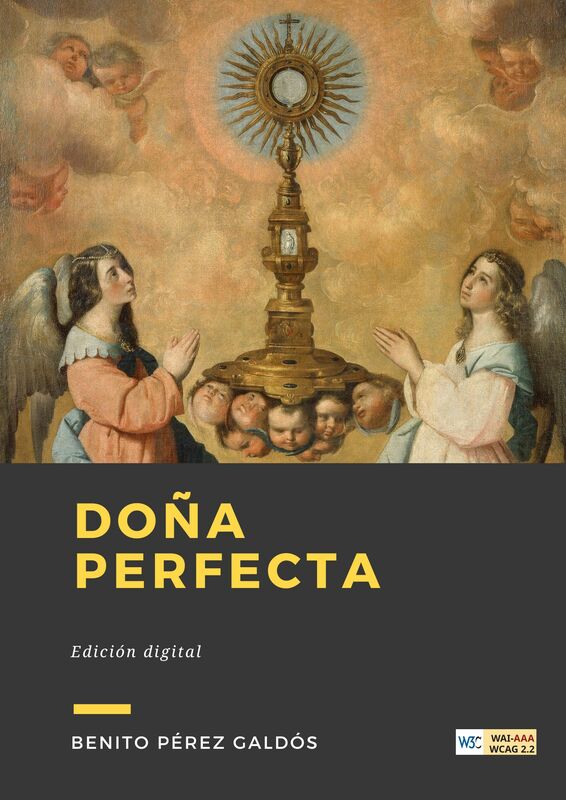
Doña Perfecta
Benito Pérez Galdós
Doña Perfecta
Benito Pérez Galdós
Benito Pérez Galdós' Doña Perfecta stands as one of the finest examples of Spanish realism, offering a devastating critique of religious fanaticism and social intolerance in 19th-century Spain. The novel tells the story of Pepe Rey, a young liberal engineer who arrives in the fictional city of Orbajosa to marry his cousin Rosario, only to encounter the iron will of her mother, Doña Perfecta. Through this family conflict, Galdós masterfully exposes the deep divisions between progressive and conservative forces in Spanish society. The character of Doña Perfecta embodies religious extremism and resistance to modernity, while Pepe represents scientific rationalism and social progress. The novel's tragic conclusion reflects the author's pessimistic view of Spain's ability to embrace change and modernization. Galdós' psychological insight, social observation, and narrative skill make this work a cornerstone of Spanish literature and a powerful indictment of bigotry and narrow-mindedness.
A propos de l'auteur
Benito Pérez Galdós (1843-1920), novelista español, es considerado uno de los mejores representantes del realismo español del siglo XIX. Sus 'Episodios Nacionales' y novelas como 'Doña Perfecta' retratan la sociedad española de su época.